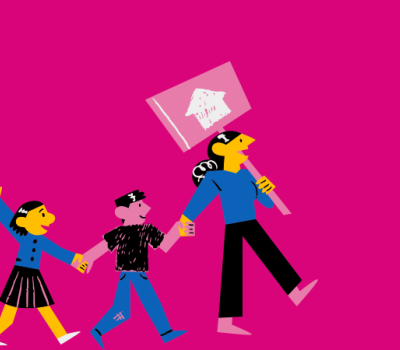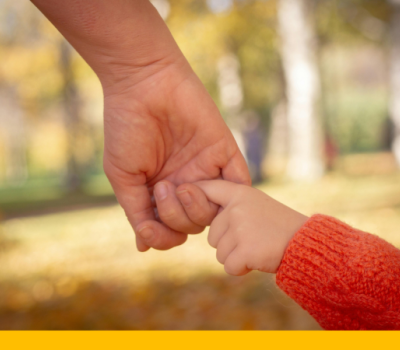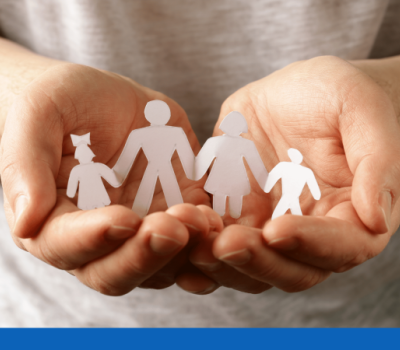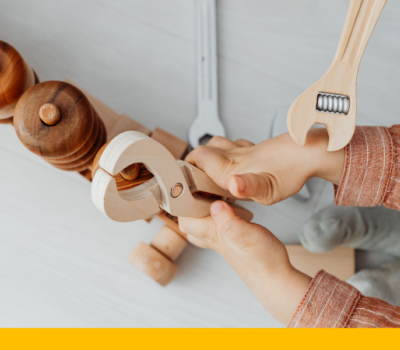Utah lawmakers could do many things to alleviate the child care crisis families are facing. In fact, there are 33 expert-recommended ones right here, thanks to the state’s newest child care solutions study. Endangering kids' safety by lowering standards for the people who care for them should never be considered a solution to the child care crisis.
Despite strong warnings and passionate opposition from early care and learning professionals and experts, however, lowering safety standards is the path some state leaders have championed.
Lowering Safety Standards: A Risky Shortcut
Thanks to recent changes by the Utah State Legislature, Utah law currently allows any untrained, uncertified person to provide child care for up to eight kids in their home. Unlicensed providers are not required to prove to families that they are safe to care for others' children. This means:
- No Mandatory Training or Certification: Unlicensed providers are not required to complete CPR, first aid, or other training.
- Lax Safety Oversight: These providers can operate under the radar, leaving parents uniformed without reliable information about the quality or safety of the care offered.
Utah now has the SECOND-HIGHEST limit on children allowed in unlicensed care in the entire country, with only South Dakota being more irresponsible (up to 12 kids!). Think of Utah’s broadly condemned “Troubled Teen” centers, which have been allowed to operate without proper oversight and safety regulations for far too long. Then imagine that situation with much younger, more vulnerable children.
“I was leaving my kids, but when I picked them up, the boyfriend brought them out, not the woman I left my children with. It wasn’t a regulated program, just someone who cared for kids. I stopped taking my child there. She was two. I didn’t want the boyfriend taking care of the kids.”
- Parent, 2024 Utah Childcare Solutions and Workplace Productivity Plan
Utah Parents Deserve Better
Yes, parents want easier access to good, affordable child care–but not at the expense of quality and safety. As one Utah parent recently told the Early Learning Policy Group, “licensed [care] is very important to me and my spouse. We want to make sure our kid is in good hands and the environment.”
Additionally, there is no evidence that lowering quality standards increases access to care. In fact, allowing untrained and unknown individuals to care for up to eight kids may actually be hurting families’ access to childcare programs in Utah. The state is incentivizing licensed childcare programs to drop their licenses by dropping kids from their programs. If home-based childcare providers reduce the number of kids they serve to eight rather than nine or more, they are no longer subject to health and safety inspections or requirements to be trained in CPR and First Aid. They also don’t have to complete criminal background checks on themselves and their families.
“There’s a Facebook group [where childcare is offered]. Weekends and nights are offered, but [it is] unlicensed care, so you don’t know who they are, whether you can trust them. Every day people are saying they have no care because unlicensed [providers] are not reliable.”
- Parent, 2024 Utah Childcare Solutions and Workplace Productivity Plan
The Path Forward: SB 221 Child Care Revisions
Senator Escamilla’s SB221: Child Care Revisions responds to parents' desires and child development expert recommendations by putting the well-being of Utah’s children above convenience and corner-cutting. SB221 will require that anyone caring for more than four children in their home have basic safety and childcare training, pass a criminal background check, and pass a home inspection. The ultimate goal is to put fewer kids at risk and encourage more child care providers to offer safe, quality services for families.
Utah parents deserve to know:
- Children won’t be placed in the care of individuals with criminal histories.
- Desperate families won’t be exploited by those with bad intentions.
- Caregivers will have at least some basic training in child safety.
- The unique needs of children–including disabled children–ARE met.
- Children ARE NOT left unsupervised at any time.
- Incidents of abuse and injuries ARE REPORTED to authorities.
We must prioritize the health and safety of children over convenience and cutting corners. More unlicensed child care does not help families and puts vulnerable kids at risk.
Urge your elected state officials to support SB221 Child Care Revisions, sponsored by Senator Luz Escamilla, to ensure safe and appropriate limits on unlicensed home-based child care.












